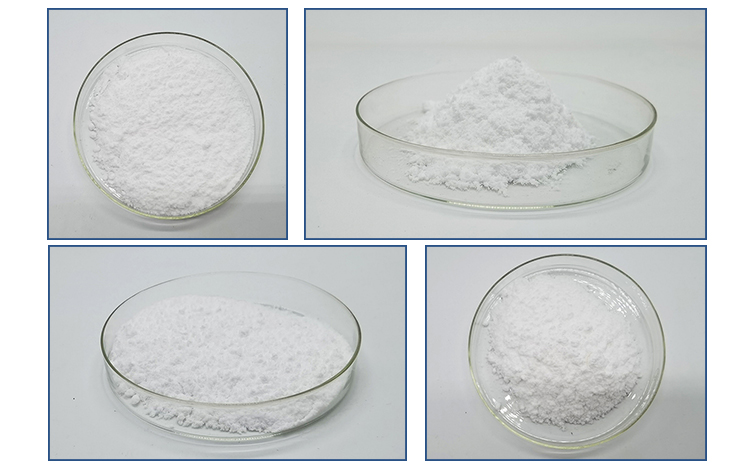Methylparaben is a widely used preservative in the cosmetic, pharmaceutical, and food industries due to its efficacy in preventing microbial growth and extending shelf life. Here’s a breakdown of its efficacy, side effects, and special considerations:
Efficacy of Methylparaben:
Antimicrobial Properties: Methylparaben effectively inhibits the growth of bacteria and fungi, thereby preventing spoilage and extending the shelf life of products.
Stability: It is stable over a wide range of pH levels and temperatures, making it suitable for use in various formulations.
Compatibility: Methylparaben is compatible with a wide range of ingredients commonly used in cosmetics, pharmaceuticals, and food products.

Side Effects of Methylparaben:
Skin Sensitivity: Some individuals may experience allergic reactions or skin irritation when exposed to products containing methylparaben. These reactions can include redness, itching, or swelling.
Endocrine Disruption: There is some concern that parabens, including methylparaben, may have weak estrogenic activity and could disrupt the endocrine system. However, the evidence regarding this is inconclusive, and regulatory bodies such as the FDA consider methylparaben safe for use in cosmetics at low concentrations.
Potential for Systemic Absorption: When applied to the skin, methylparaben can be absorbed into the body. While studies suggest that systemic absorption is minimal, prolonged exposure to high concentrations may pose risks.
Special Considerations of Methylparaben:
Regulatory Approval: Methylparaben is approved for use in cosmetics and food products by regulatory agencies such as the FDA in the United States and the European Commission in the EU. However, there are restrictions on its concentration in products.
Alternatives: Due to increasing consumer demand for paraben-free products, some manufacturers are exploring alternative preservatives. These alternatives aim to provide similar efficacy while addressing concerns about paraben safety.

Labeling: Manufacturers are required to list methylparaben and other parabens on product labels, allowing consumers to make informed choices and avoid products containing these ingredients if desired.
Risk Assessment: Individuals with known allergies or sensitivities to methylparaben should avoid products containing this ingredient. Additionally, those with concerns about endocrine disruption may choose to limit their exposure to products containing parabens.
In summary, methylparaben is an effective preservative with a long history of use in various industries. While it is generally considered safe at low concentrations, some individuals may experience skin irritation or have concerns about its potential effects on the endocrine system. As with any ingredient, it’s essential for consumers to be informed and make choices based on their individual preferences and needs.
